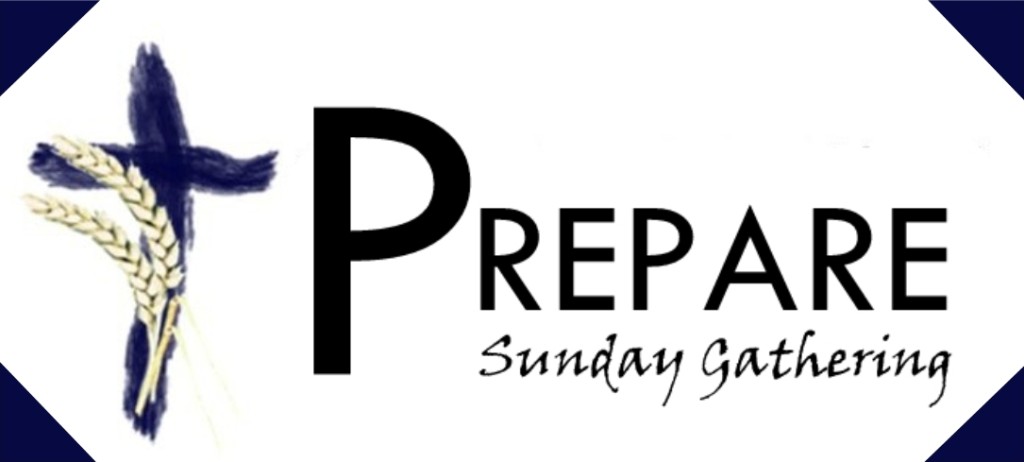“Are they really brothers?” The two boys, one Caucasian, the other with darker skin tones, had been introduced by their father to their hockey coach, and the coach’s question threw my friend. “Of course they are! They’re both mine!” my friend replied. “You know what I mean,” said the coach.
Occasionally, parents who have adopted children face these types of questions. “How many are really yours?” The question is understandable – it’s a curious way of asking how many children share the same DNA. The wording, however, betrays what we think is really important when it comes to sonship: genetics.
This was the question that was being asked in Galatia. Bacon-eating, former Caesar-adoring Gentiles began confessing Jesus as the Christ. Some from Jewish backgrounds wanted to know, “Are they circumcised? Do they eat kosher? Do they keep Sabbath?” What they were really asking was “Are they really our brothers? They don’t look like us.” Gentiles who knew that they had believed in the Messiah would understand that they had the circumcision not made by hands, a circumcision of the heart (Rom. 2:28-29). Yet the questions still came from those of Jewish descent: “Yes, but are you really circumcised? You know what I mean.”
This is no small matter. It is a question of identity and inheritance. Paul understood that the unity of the Church depended upon the answer to these questions. As one who was born a Jew, Paul’s identity was now found in Christ’s: “I have been crucified with Christ. It is no longer I who live, but Christ who lives in me. And the life I now live in the flesh I live by faith in the Son of God, who loved me and gave himself for me” (Gal. 2:20). He could call these Gentile Christians “brothers” (3:15) and remind them that their identity was not based on cultural identifications but on their adopted status: “And if you are Christ’s, then you are Abraham’s offspring, heirs according to promise” (3:29).
By the justifying declaration of God, our records are not only wiped clean. We who have trusted in Christ have a new relationship – we are all sons of God (3:26). Adoption means we have the same status, rights, privileges, and inheritance. There is neither Jew nor Greek, slave nor free, male nor female (3:28). We are really brothers, really loved by God because we are his children.
When my friend stood before a judge and received these two boys into his family, something profound happened: Their names changed and their future changed. Outwardly, nothing looked different about them. But their status and inheritance had changed by a legal declaration.
Maybe you’ve thought about adoption and wondered if you could love someone else like you love your own children. Maybe you’ve asked someone the question how many children are really their children. Know that God loves those who trust Christ with the love that he has for his Son (Mark 9:7). Because of the Father’s love for us, we can welcome and love others who don’t look like us.
Thankful for this radical love!
Andrew

As we gather for Sunday worship, we want you to meet with God and be transformed by the Word. Prepare your heart by reading the passage and listening to the songs for Sunday.
